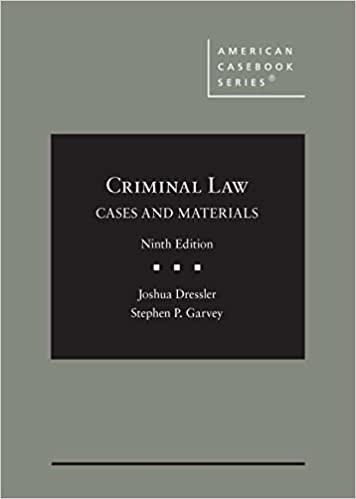Question
Suki Nakajima, a widow in failing health who lives in New York State, intends to leave her estate equally to her adult children, a daughter,
Suki Nakajima, a widow in failing health who lives in New York State, intends to leave her estate equally to her adult children, a daughter, Tomoko, and a son, Hito. Suki has two concerns. With good reason, she lacks confidence that Hito can manage property because of his irresponsible spending habits, and she does not want any property she gives to Tomoko to pass to Tomoko's husband. Suki writes, but does not sign, a letter to her best friend, Tomura, requesting that he manage money for the benefit of her two children, and asking him, if he agrees, to sign and return the letter. After receiving the letter back from Tomura with his signature and acceptance, Suki mails a cashier's check for $200,000 to Tomura. Answer and explain the following based on New York law:
1. Is Suki's letter a valid holographic will?
2. Is the use of the words trust or trustee in a formal written document necessary to create a valid trust?
3. Does Suki's letter create an inter vivos (living) trust?
4. If a trust exists, must it be written and signed to be valid?
Step by Step Solution
There are 3 Steps involved in it
Step: 1

Get Instant Access to Expert-Tailored Solutions
See step-by-step solutions with expert insights and AI powered tools for academic success
Step: 2

Step: 3

Ace Your Homework with AI
Get the answers you need in no time with our AI-driven, step-by-step assistance
Get Started


